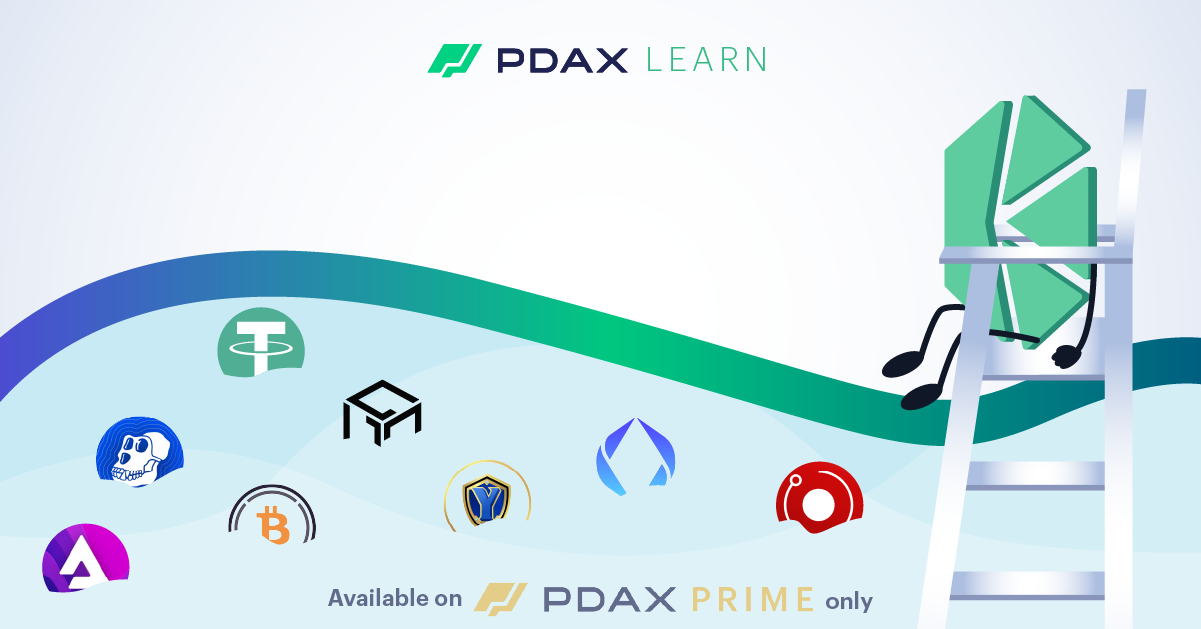Kyber is a liquidity aggregator–which means that it is a protocol that can be integrated with decentralized applications (dApps) to provide them with liquidity for tokens that they transact with. Liquidity is essential for any token, as it means being able to trade the asset for another one of equal value.
In simpler terms, Kyber functions in the same way that a bank can provide liquidity for businesses, allowing merchants to swap dollars to pesos or for any other available fiat currency. But instead of fiat, Kyber provides liquidity for tokens by connecting decentralized exchanges (DEXs), market makers and other cryptocurrency platforms through a permissionless and automated protocol–thus allowing for tokens to be exchanged for one another–but without the need for an intermediary.
Kyber does this by using smart contracts to search through its network of over 80 DEXs for the most competitive rates available and then execute token exchanges automatically upon request. Decentralized finance (DeFi) applications in particular, rely on protocols like Kyber to guarantee their users that they will be able to swap their tokens for the best value whenever they need to.
Kyber currently aggregates liquidity for tokens on 11 blockchains including Ethereum, BNB, Polygon, Avalanche and Fantom to name a few.
What is KNC used for?
Kyber’s decentralized protocol is powered by “Kyber Network Crystals” or KNC which has the following utilities:
KNC is used to pay for transaction fees - for every trade initiated using Kyber, a small fee is charged in KNC.
KNC can be staked to earn rewards - Kyber is a decentralized autonomous organization (DAO), which means that major operational decisions are left to its community to decide. To participate, users must stake their KNC which acts as a governance token, after which they will be able to vote on community proposals such as on the rates of fees and other future directions for the platform. In return, rewards denominated in ETH are distributed across all voting participants.
Tokenomics
KNC has a market cap of $220 million and current supply of 177 million KNC out of a total supply of 210 million as of July 2022. The supply of KNC is considered deflationary since the KNC used in transaction fees are “burned” or removed from circulation. However, KNC token holders may have the option of voting to increase the supply in the future should they choose to.
KNC is an ERC-20 token on the Ethereum network. However, it has also been announced that other versions may be launched on other blockchains in the future.
Ready to start with crypto?
Start your trading journey with PDAX.
DISCLAIMER: The statements in this article do not constitute financial advice. PDAX does not guarantee the technical and financial integrity of the digital asset and its ecosystem. Any and all trading involving the digital asset is subject to the user’s risk and discretion and must be done after adequate and in-depth research and analysis.
About PDAX
PDAX is a BSP-licensed exchange where you can trade Bitcoin, Ethereum, and other cryptocurrencies directly using PHP!
Featured Posts
You might also like
MON (Monad) is now on PDAX!
PDAX
December 04, 2025
PDAX Learn: USDC on Arbitrum is now on PDAX
PDAX
December 01, 2025
Pump.fun’s PUMP token is now on PDAX! 🎈
PDAX
November 26, 2025
Aerodrome Finance’s AERO token is now on PDAX!
PDAX
November 12, 2025
